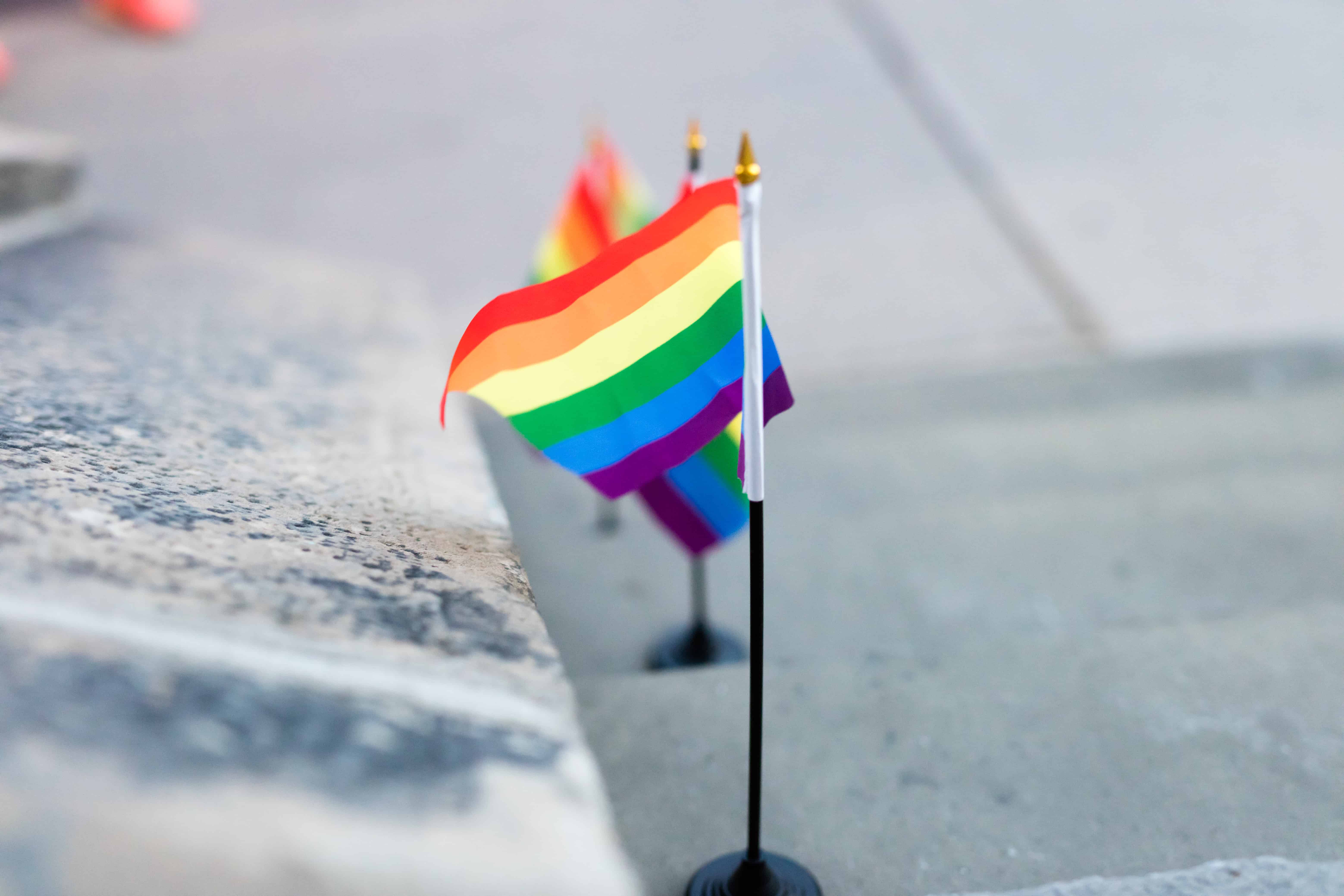[dropcap]O[/dropcap]n Sunday, June 12, a man entered a gay nightclub in Orlando, Florida on Latin night. Armed with two legally purchased weapons, he murdered 49 people and wounded 53.
Acts of violence perpetrated against the LGBTQ+ community are not new — and they are common in Canada, as well as the US. Statistics Canada reports show that in 2013, 16 per cent of all police-reported hate crimes in Canada were motivated by sexual orientation. Of those crimes, 66 per cent were violent. The Trans Pulse Project reported in 2014 that 20 per cent of trans people living in Ontario had experienced physical or sexual assault.
Orlando should act as a sobering reminder of how queer people continue to live in fear of being targeted. However, the public response to tragedies such as this is often disappointing. Every mass shooting or act of violence brings an inevitable barrage of celebrities, politicians, and everyday citizens expressing their condolences, publicly sending their ‘thoughts and prayers.’ A few people call for stricter gun control laws, then they move on until the next tragedy hits.
[pullquote-features]Looking at my own Facebook feed, I saw condolences from people I know to be homophobic and transphobic — people who use slurs and think nothing of it, people who think being queer is bad or a cause for mockery.[/pullquote-features]
Most people who send out sympathetic messages on social media probably have the best intentions. But looking at my own Facebook feed, I saw condolences from people I know to be homophobic and transphobic — people who use slurs and think nothing of it, people who think being queer is bad or a cause for mockery. From their perspective, what they say may seem harmless — but it’s not. What begins as hateful rhetoric can result in somebody walking into a gay nightclub and shooting 49 people.
It’s frankly insulting to the LGBTQ+ community to see people like former Arkansas governor Mike Huckabee tweet support and prayers for the Orlando victims and their families. Huckabee once compared legalizing gay marriage to legalizing incest; in an effort to insult trans people, he also stated that he would have pretended to be female in high school to watch girls shower.
Huckabee has said he wants to pray for the Orlando victims, yet he fails to acknowledge that they were largely queer and Latinx; many people who expressed their condolences also refused to acknowledge the identities of the victims. This erasure is not only an insult to the LGBTQ+ and Latinx communities, but it also allows people to memorialize Orlando in a superficial way, without confronting their own homophobia, transphobia, and racism.
We cannot overlook the fact that individuals who harbour homophobic and transphobic beliefs are partially responsible for creating the conditions under which these attacks happen: a culture of violence, dismissal, and shame.
[pullquote-default]We cannot overlook the fact that individuals who harbour homophobic and transphobic beliefs are partially responsible for creating the conditions under which these attacks happen.[/pullquote-default]
Unfortunately, pretty much every queer person knows what it’s like to be afraid within this culture. I know many people who are forced to remain closeted for their own safety, who cannot hold their partner’s hand in public out of fear, or who wear clothes that conform to gender dichotomous standards just to keep themselves safe. Many expressed fear at attending gay nightclubs following the shooting.
I personally know that fear. When I was 15, I was in my first relationship with another girl. We were standing outside a restaurant after a date and I asked if I could kiss her. She said she wanted to but she wasn’t familiar with the neighbourhood and was worried that something might happen. That “something” could have been somebody yelling a slur at us, or maybe even someone attacking us.
These fears are ones that straight and cisgender people will simply never have to worry about. Yet, for queer people, these concerns are constant.
What happened in Orlando is incalculably horrible. That nightclub should have been a safe space for queer folks, where you can dress in a way that truly expresses your gender identity and people will love you for it. A place where you can be with your partner, dance with them, kiss them, and not be afraid of shame or judgment. A place where your identity is not only okay, it’s something of which to be proud.
The fact that somebody came and invaded that space is incredibly wrong. Many of us must begin to question whether any safe spaces remain and whether being queer also means living in constant, endless fear.
Despite the progress that has been made for queer people in North America over the past few decades, there’s still a lot of work to do — that work does not begin and end with a tweet. It requires real dedication and commitment to change.
Everyone is responsible to stop using slurs, to stop turning queer identity into a joke. Further, you must challenge homophobia, transphobia, and biphobia when you see it and listen when you yourself are called out by the community for your mistakes. Ask the LGBTQ+ people in your life about what you can do to make them feel safer; work in solidarity with them to stop violence.
We are so strong. The love of this community is so much stronger than any act of hatred or violence. We have suffered through so much intolerance because the battle for change is difficult, but we continue to persevere. It is a testament to the strength of the LGBTQ+ community that we are still here, still loving, and still fighting.
Adina Heisler is a second-year University College student studying English and Women and Gender Studies.


